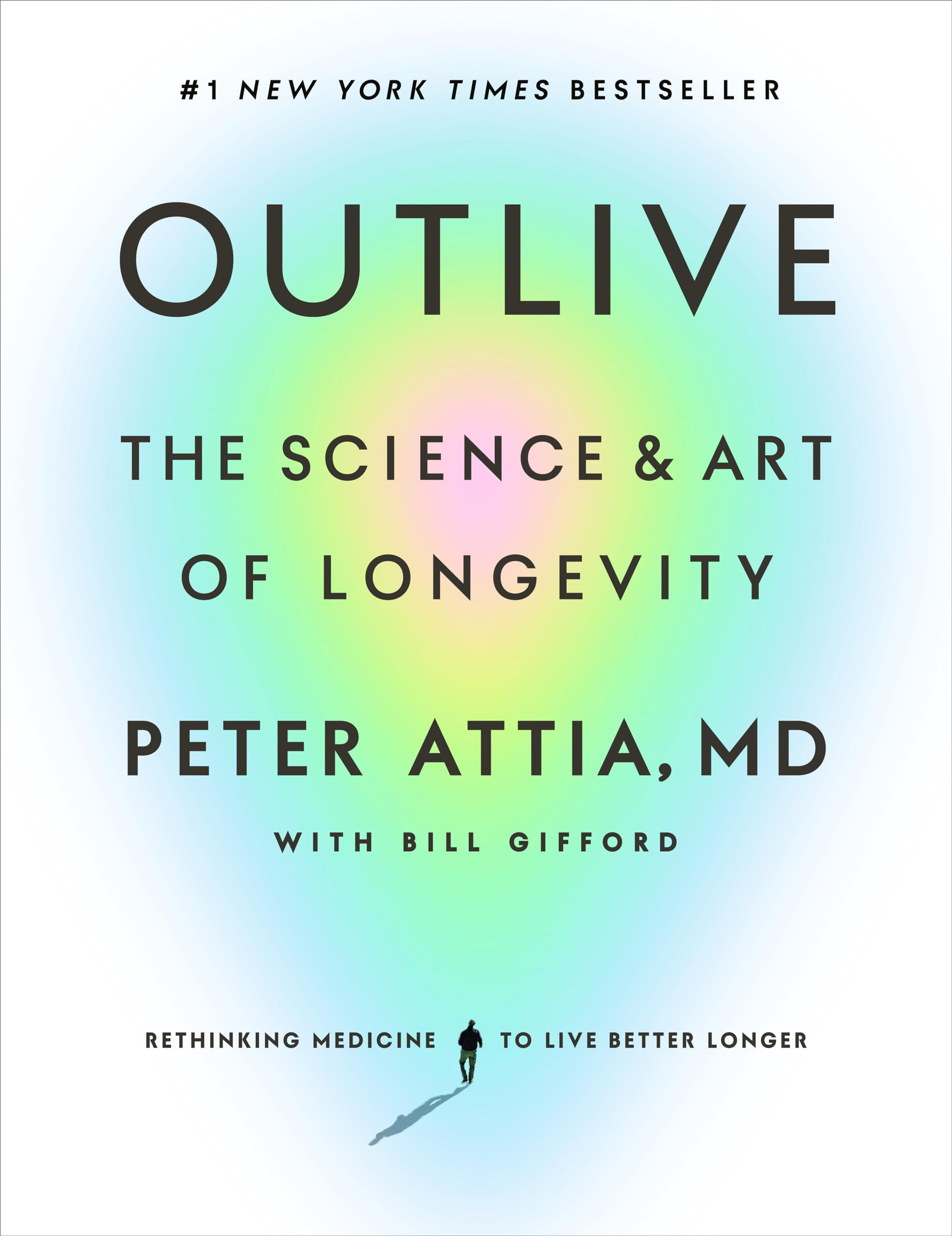Chapter 8: The Runaway Cell: New Ways to Address the Killer That Is Cancer
byChapter 8 of The Runaway Cell – New Ways to Address the Killer That Is Cancer begins with the remarkable case of James DeAngelo, a patient from the late 1960s who unexpectedly survived metastatic stomach cancer despite receiving no medical treatment. His survival puzzled doctors and led researcher Steve Rosenberg to explore the role of the immune system in combating cancer, a theory that was largely unproven at the time. Despite facing numerous setbacks and failures in his research, Rosenberg’s persistence laid the foundation for modern immunotherapy, a field that has since revolutionized cancer treatment by leveraging the body’s natural defenses against the disease.
The chapter shifts to the author’s personal reflections on how Rosenberg’s work inspired him to pursue surgical oncology. It highlights the longstanding challenges in the fight against cancer, despite decades of research, vast financial investments, and increasing knowledge about the genetic complexity of tumors. While scientific advancements have led to more targeted treatments, cancer remains one of the most persistent and deadly diseases, particularly in its metastatic form, where late detection often limits the effectiveness of existing therapies.
Cancer is presented as a disease closely tied to aging, with the risk increasing significantly as people grow older. The aggressive nature of metastatic cancer makes it one of the most difficult conditions to treat, as tumors often spread silently before symptoms appear. The chapter underscores the importance of early detection, as catching cancer in its early stages greatly improves the chances of successful treatment. The author argues that while advancements in treatment are promising, early intervention remains one of the most powerful tools in improving survival rates and reducing the devastating impact of cancer.
A significant portion of the chapter is dedicated to the history of cancer treatment, particularly the efforts to harness the immune system as a weapon against tumors. The text explores early immunotherapy experiments, including William Coley’s bacterial injections in the late 19th century, which showed that stimulating the immune response could have an impact on tumors. Later, Rosenberg’s work with interleukin‑2 marked a breakthrough in immunotherapy, leading to the development of CAR‑T cell therapy and checkpoint inhibitors, both of which have transformed cancer treatment in recent years. Despite these advancements, the effectiveness of immunotherapy remains limited, as only a small percentage of patients experience long-term benefits, highlighting the need for broader, more universally effective solutions.
The discussion then turns to the limitations of current cancer screening methods and the need for more accurate, accessible early detection techniques. The author critiques traditional screening approaches, noting that while some screenings, such as those for breast and colon cancer, have proven effective in reducing mortality, others are less reliable or widely underutilized. The potential of liquid biopsies—an emerging technology that detects tumor-related cell-free DNA in the bloodstream—is presented as a groundbreaking development that could dramatically improve early cancer detection. If widely implemented, liquid biopsies could identify cancer long before symptoms appear, allowing for intervention at a stage where treatment is most effective.
In the concluding section, the chapter reflects on the ongoing battle against cancer and the future of prevention and treatment. While significant progress has been made, cancer remains one of the leading causes of death worldwide, and the complexity of the disease makes a universal cure unlikely in the near future. However, continued advancements in immunotherapy, early detection methods, and an evolving understanding of cancer’s metabolic and genetic behavior offer hope for better management of the disease. The author emphasizes the importance of a proactive approach to health, advocating for regular screenings, lifestyle modifications, and staying informed about new medical developments. With further research and technological breakthroughs, the possibility of turning cancer from a fatal disease into a manageable condition—or even eradicating it entirely—remains an ambitious yet realistic goal for the future.


